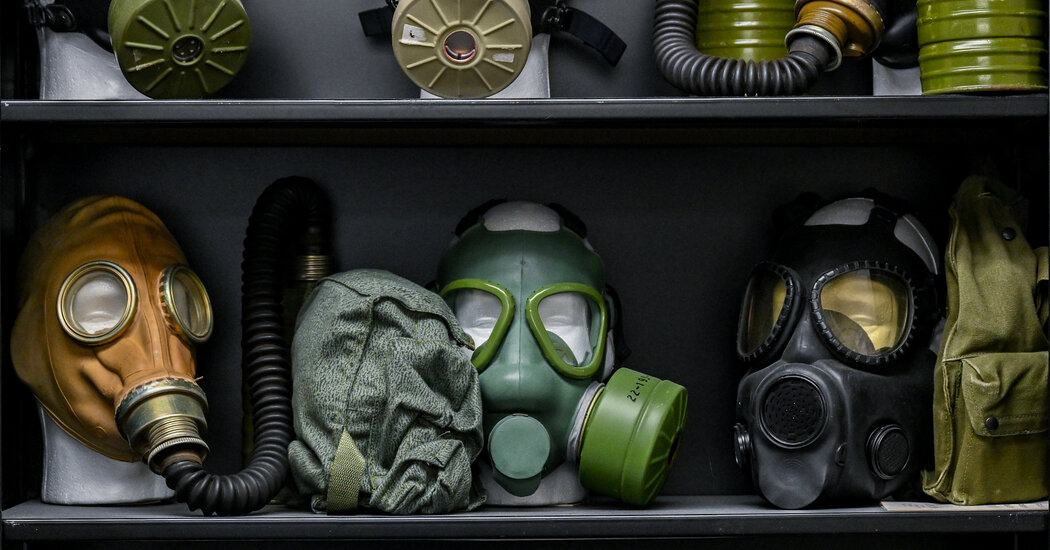An agreement by more than 90 said, however, that artificial intelligence’s benefit to the field of biology would exceed any potential harm.
Dario Amodei, chief executive of the high-profile A.I. start-up Anthropic, told Congress last year that new A.I. technology could soon help unskilled but malevolent people create large-scale biological attacks, such as the release of viruses or toxic substances that cause widespread disease and death.
Senators from both parties were alarmed, while A.I. researchers in industry and academia debated how serious the threat might be.
Now, over 90 biologists and other scientists who specialize in A.I. technologies used to design new proteins — the microscopic mechanisms that drive all creations in biology — have signed an agreement that seeks to ensure that their A.I.-aided research will move forward without exposing the world to serious harm.
The biologists, who include the Nobel laureate Frances Arnold and represent labs in the United States and other countries, also argued that the latest technologies would have far more benefits than negatives, including new vaccines and medicines.
“As scientists engaged in this work, we believe the benefits of current A.I. technologies for protein design far outweigh the potential for harm, and we would like to ensure our research remains beneficial for all going forward,” the agreement reads.
The agreement does not seek to suppress the development or distribution of A.I. technologies. Instead, the biologists aim to regulate the use of equipment needed to manufacture new genetic material.
